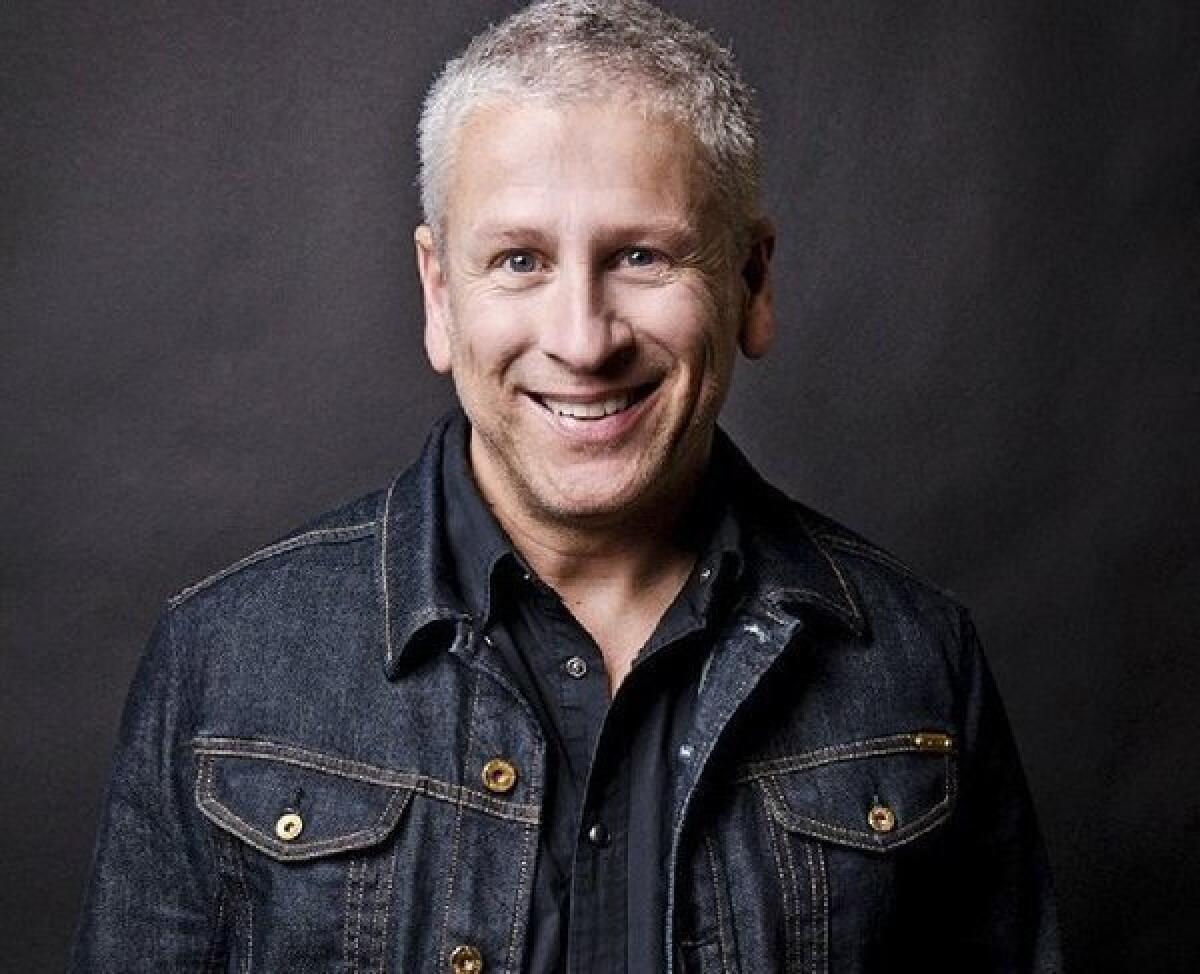Obama axed Giglio but invited Dolan: A double standard?

- Share via
Is President Obama guilty of a double standard when it comes to clergymen who condemn homosexuality?
The Rev. Louie Giglio, an evangelical pastor active in the campaign against human trafficking, was supposed to deliver the benediction at Obama’s second inauguration. Then it emerged that in the 1990s Giglio delivered a sermon in which he described homosexuality as a sin and said that “the healing power of Jesus” was “the only way out of a homosexual lifestyle.” This sounded to some like the belief espoused by some evangelicals that you can “pray away the gay.” Giglio quickly “withdrew” and the inaugural committee said it hadn’t been aware of his “past comments.”
Reacting to the scratching of Giglio, Tony Perkins of the conservative Family Research Council noted that “Catholic, evangelical Protestant and Orthodox churches all actively proclaim that sexual intimacy within the marriage of one man and one woman is the only biblically sanctioned human sexual behavior.” Perkins asked: “Are the scores of millions of Americans who affirm these teachings no longer welcome at the inauguration of our president?”
Not necessarily. Obama was happy to have Cardinal Timothy Dolan, the head of the U.S. Conference of Catholic Bishops, deliver the benediction on the last night of the Democratic National Convention. My guess is that Dolan also would have passed muster with the inaugural committee. So what’s the difference? While the Roman Catholic Church also teaches that homosexual acts are a sin, its take on homosexuality is different in tone and substance from that of evangelicals.
Evangelicals tend to fixate on verses in Scripture such as the notorious Leviticus 18:22 — “Thou shalt not lie with mankind, as with womankind: it is abomination” (King James Version). Catholics are more likely to invoke Natural Law, as Pope Benedict XVI did in a pre-Christmas speech in which he suggested that supporters of gay marriage “dispute the idea that they have a nature, given to them by their bodily identity, that serves as a defining element of the human being.”
With a few exceptions, Catholics also tend to avoid the idea — an article of faith in evangelical circles — that homosexuality can be “cured” through prayer or therapy. Partly this is a reflection of the distinction the Catholic Church draws between homosexual “condition or tendency,” which is not a sin, and homosexual acts. But it may also reflect a greater sophistication about psychology. Unlike evangelical groups that try to “pray away the gay,” Courage, a Catholic ministry for “persons with homosexual desires,’’ lists as its primary goal a decision by gays to live “chaste lives in accordance with the church’s teaching on homosexuality.”
Of course, to a lot of gays, these are distinctions without a difference: The pope may invoke Thomas Aquinas while the preacher prefers to thump Leviticus, but the bottom line is the same: No sex for you. As a political matter, however, an outspoken evangelical preacher like Giglio is probably more problematic as an inaugural attraction than a more circumspect Catholic bishop would be. In other words, what’s good for the major church may not be good for the megachurch.
ALSO:
Letters: Guns, America and the NRA
Slideshow: The 10 trigger-happiest states in America
2012 endings: Patt Morrison on what we won’t miss at all
More to Read
A cure for the common opinion
Get thought-provoking perspectives with our weekly newsletter.
You may occasionally receive promotional content from the Los Angeles Times.










